Russia - China affirm relations 'at unprecedented high level'
(Baonghean) - Chinese President Xi Jinping on July 2 began a two-day official visit to Russia and met with host country President Vladimir Putin. Thus, within just 3 months, the two leaders have had 3 bilateral meetings - a rare high frequency in international relations.
This event once again affirms that China and Russia are attaching great importance to the relationship that both sides call “at an unprecedented high level”, despite outside comments that the relationship is built on the foundation of calculating each side's interests rather than sincerity.
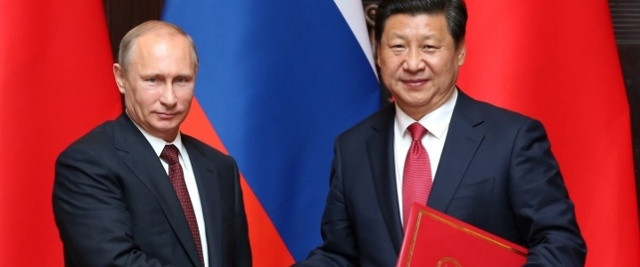 |
| Russian leader Vladimir Putin and Mr. Xi Jinping have frequent bilateral meetings with 3 meetings within 3 months. Photo from the internet |
Economic Highlights
Ahead of the visit, the Chinese side stressed that this is the “most important event of the year” in China’s bilateral relations and will “bring new catalysts for the development of bilateral relations” in the context of the slow recovery of the world economy and many fluctuations in the international situation.
The agreements signed between the two sides during Xi Jinping’s visit amounted to $10 billion. In addition to energy, cooperation areas include finance, high-speed rail, infrastructure construction, space research, agriculture, science and technology, innovation, and cross-border power supply.
It is not surprising that economic and trade issues were identified as the focus of President Xi Jinping's visit to Russia, as public opinion has recognized that this is the strong thread running through Russia-China relations in recent times, since Russia was imposed sanctions by Western countries following the crisis in Ukraine.
China and Russia have had many in-depth and increasingly warm economic dialogues, with the highlight being a contract to supply natural gas from Russia to China worth 400 billion USD until 2030 - a rare "huge" number in bilateral trade agreements.
In addition to political will, the highly complementary nature of the Russian and Chinese economies is a favorable condition for the two countries to promote cooperation in the economic and trade fields. Russia's greatest strength is what China always needs: energy. In turn, China has become an important source of capital for Russian businesses.
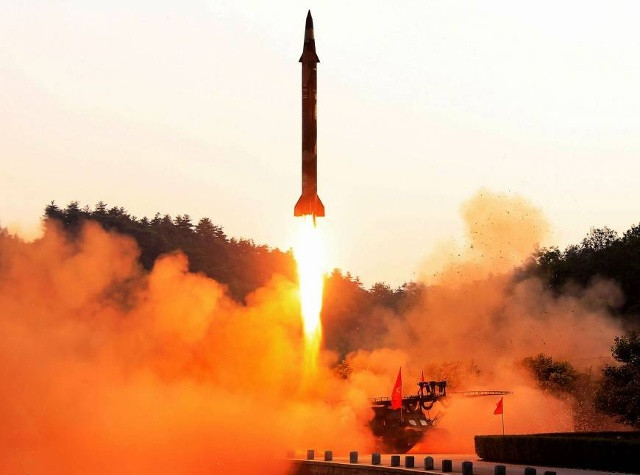 |
| The North Korean nuclear issue cannot “cause difficulties” for the talks between the two leaders Xi Jinping and Vladimir Putin. Photo: KCNA |
The momentum of cooperation between the two countries is currently gaining new momentum, which is the steady recovery of the Russian economy since the second half of 2016 after a two-year period of turmoil due to falling oil prices and Western sanctions. Last year, Russia stopped the decline and in 2017, the GDP growth rate is expected to reach 1.5-2%.
On the other side, China's economy is also showing positive signs. Although the growth rate is slower than a few years ago, the Chinese economy is undergoing a steady transformation, with GDP in 2017 still forecast at 6.8% - a dream figure in the context of the global economy still facing many difficulties.
Thanks to the optimistic economic outlook on both sides, China became Russia’s largest trading partner in 2016. In the first four months of 2017, bilateral trade increased by 37% year-on-year to more than $24.5 billion. The two sides are now determined to increase bilateral trade to $200 billion by 2020.
“A perfect pair” in international hotspots
Economic cooperation is a very important foundation that brings China and Russia closer together on a series of key regional and global issues, most notably the nuclear situation on the Korean Peninsula. Before the visit, there were opinions that the North Korean issue could be a sticking point in the talks between the two leaders, after Russia unexpectedly announced a "roadmap" to resolve the North Korean issue, a move seen as a competition for influence with China.
However, if we look closely, the proposals that Russia has put forward in the new “roadmap” have many similarities with previous proposals from China, especially the approach of opposing increased pressure and engagement as the US is pursuing; at the same time, emphasizing the need for the US and North Korea to act together to cool down the situation towards the ultimate goal of the parties returning to negotiations.
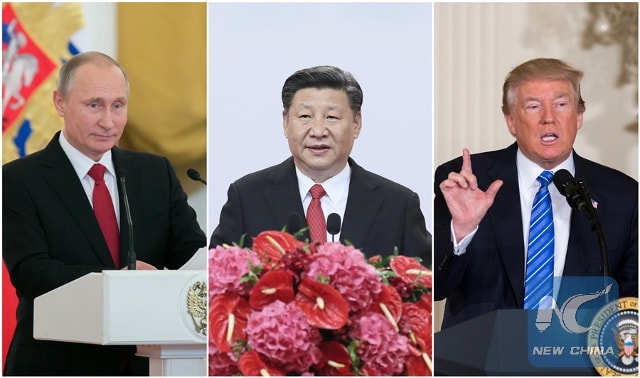 |
| Russia and China are still the "perfect pair" in the axis of relations between the three major countries: Photo: New China |
Many people also believe that Russia likely had specific discussions with China before releasing this "roadmap" to create weight in the voices of major countries on the North Korea issue when China is under increasing pressure from the US.
Therefore, contrary to the perception that the North Korean issue will overshadow the meeting between Chinese President Xi Jinping and Russian President Vladimir Putin, this is an opportunity for Russia and China to demonstrate the consensus of two comprehensive strategic partners.
The way Russia implicitly supports China on the North Korea issue is similar to the way China implicitly supports Russia on the Syria issue, and it is not difficult to see that when the United Nations Security Council needs to pass any resolution related to these two “hot spots”, Russia and China often have the same vote.
At the recent International Forum, Russian Foreign Minister Sergei Lavrov said that the three major countries, the US, Russia, and China, could cooperate to solve world problems, instead of the US and China cooperating against Russia or Russia and China cooperating against the US. However, public opinion believes that the prospect of good-will cooperation between the three "big guys" is quite distant.
Therefore, the fact that Russia and China have the same vote will continue, as a way to prove the assertion that both Russia and China have repeatedly mentioned that "no matter how the international situation changes, developing and deepening China-Russia relations is a strategic choice for both countries".
Thuy Ngoc
| RELATED NEWS |
|---|

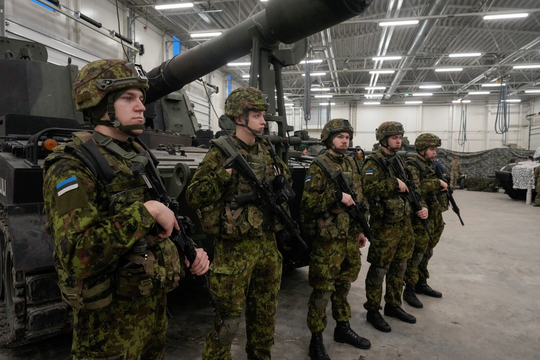
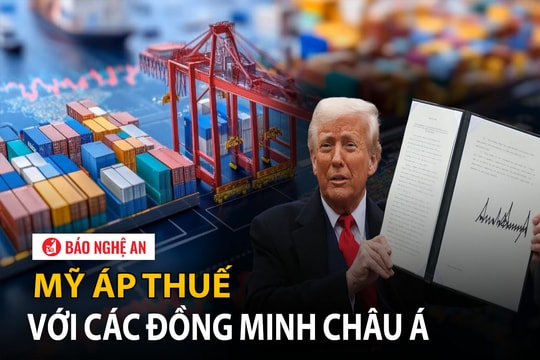
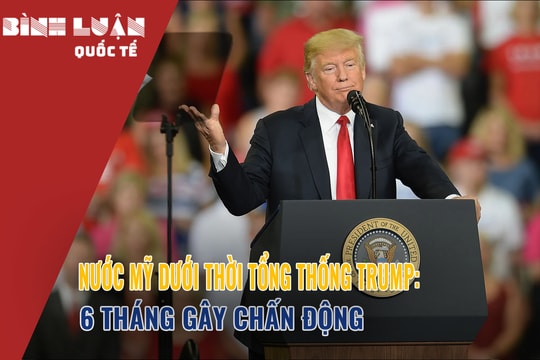

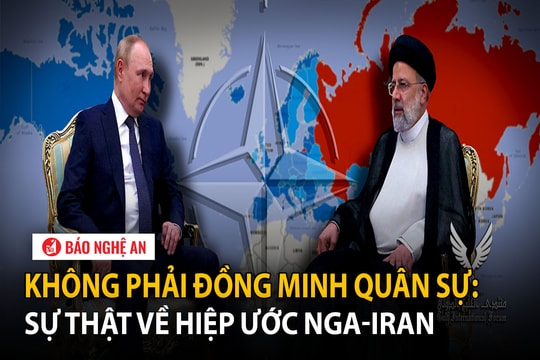

.jpg)
